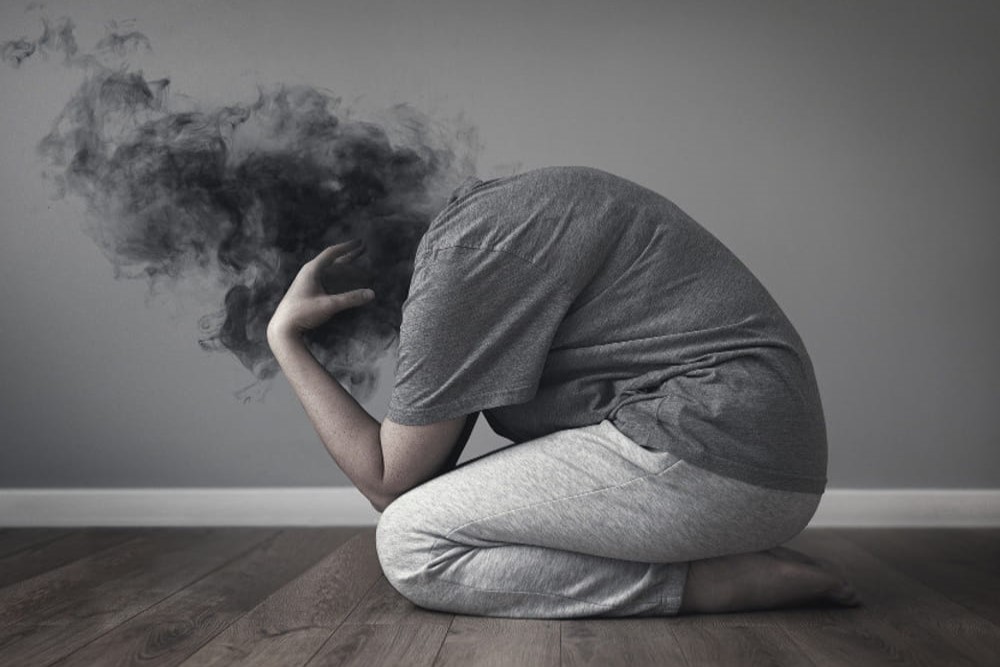
Understanding Anxiety: Causes, Symptoms, and Management
Anxiety is a common mental health condition affecting millions worldwide. While occasional anxiety is a normal response to stress or danger, chronic anxiety can interfere with daily life, relationships, and overall well-being. This blog dives deep into understanding anxiety, its causes, symptoms, and strategies for managing it effectively.
What is Anxiety?
Anxiety is the body's natural response to stress or perceived danger, often referred to as the "fight or flight" response. However, when feelings of fear or worry become excessive, persistent, and out of proportion to the situation, they may signal an anxiety disorder.
Types of Anxiety Disorders
- Generalized Anxiety Disorder (GAD): Excessive, uncontrollable worry about everyday things.
- Panic Disorder: Sudden episodes of intense fear or panic attacks.
- Social Anxiety Disorder: Fear of social situations or being judged by others.
- Specific Phobias: Intense fear of specific objects or situations, such as heights or spiders.
- Obsessive-Compulsive Disorder (OCD): Repetitive, unwanted thoughts and behaviors.
- Post-Traumatic Stress Disorder (PTSD): Anxiety triggered by a traumatic event.
Common Symptoms of Anxiety
Anxiety manifests in various physical, emotional, and behavioral symptoms, including:
- Physical Symptoms: Increased heart rate, sweating, dizziness, fatigue, muscle tension, or stomach issues.
- Emotional Symptoms: Persistent worry, fear, irritability, or restlessness.
- Behavioral Symptoms: Avoidance of certain situations, difficulty concentrating, or compulsive behaviors.
Causes of Anxiety
Anxiety can be caused by a combination of factors, including:
- Genetics: Family history of anxiety disorders.
- Brain Chemistry: Imbalances in neurotransmitters such as serotonin.
- Trauma: Past traumatic experiences or childhood abuse.
- Stress: Chronic stress at work, school, or personal life.
- Medical Conditions: Conditions like thyroid issues, heart disease, or chronic pain.
Impact of Anxiety on Life
Untreated anxiety can lead to serious consequences, including:
- Decline in mental and physical health.
- Difficulty maintaining personal and professional relationships.
- Increased risk of substance abuse.
How to Manage Anxiety
1. Lifestyle Changes
- Exercise Regularly: Physical activity releases endorphins that improve mood.
- Healthy Diet: Avoid excessive caffeine, alcohol, and processed foods.
- Adequate Sleep: Aim for 7–9 hours of quality sleep per night.
- Mindfulness Practices: Engage in meditation, yoga, or deep-breathing exercises.
2. Professional Help
- Cognitive Behavioral Therapy (CBT): A structured form of therapy focused on identifying and changing negative thought patterns.
- Medication: Anti-anxiety medications may be prescribed in severe cases.
- Psychotherapy: Talking with a mental health professional can help explore and address underlying causes.
3. Coping Strategies
- Journaling your thoughts and feelings.
- Breaking tasks into smaller, manageable steps.
- Building a strong support network of friends and family.
When to Seek Help
If anxiety is persistent, overwhelming, or affecting your ability to function in daily life, it’s crucial to seek help from a mental health professional. Remember, seeking help is a sign of strength, not weakness.
Final Thoughts
Anxiety is a manageable condition with the right combination of self-care, professional guidance, and support. By understanding its roots and implementing coping strategies, individuals can lead fulfilling, anxiety-free lives.
At Tristha Mental Health Clinic, we’re here to support you in your journey toward mental well-being. If you or a loved one is struggling with anxiety, don’t hesitate to reach out. Your mental health matters.


